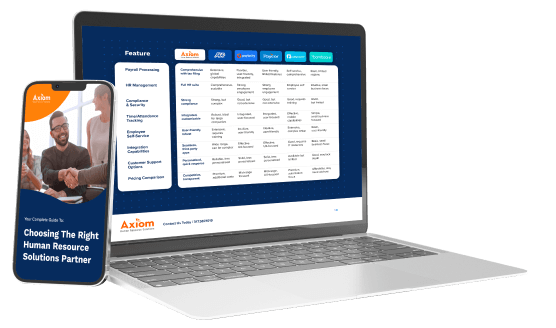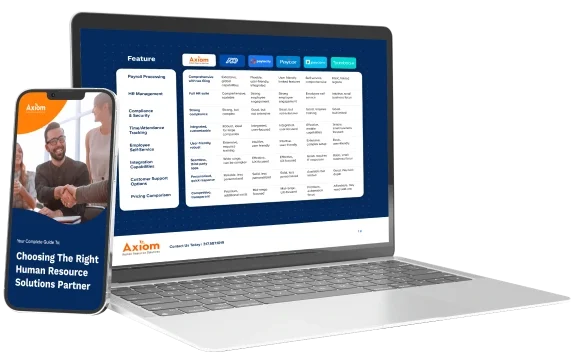 With Anthem being hacked last week to the tune of what might be 80,000,000 personal accounts, many people are worried that they could be the victim of identity theft—and more specifically, medical identity theft. This trend of stealing someone’s identity for medical fraud is becoming a larger threat by the day. Luckily, there are a few steps you can take to minimize your risk so that your future credit and medical records are protected:
With Anthem being hacked last week to the tune of what might be 80,000,000 personal accounts, many people are worried that they could be the victim of identity theft—and more specifically, medical identity theft. This trend of stealing someone’s identity for medical fraud is becoming a larger threat by the day. Luckily, there are a few steps you can take to minimize your risk so that your future credit and medical records are protected:
- Actively monitor your credit. This means paying attention to your credit rating at all three major credit bureaus: Equifax, Experian, and TransUnion. Look for any suspicious activity or any outstanding debts that you are unaware of. Another option is to freeze your credit. This allows you to continue to use your existing lines of credit, but prohibits you—or anyone else—from opening new lines. It’s easy to do by simply contacting the three major credit bureaus, and it’s also quite easy to unfreeze your credit as well.
- Read your snail mail. Oftentimes when we get bills or credit notices in the mail, we pitch them in the trash. But these can be valuable clues that someone has stolen your identity. New credit cards you didn’t apply for, unexpected medical bills, and notices from collection companies that you weren’t expecting are all typical indicators.
- Pay attention to your emails. Hackers are known to use compromised email addresses to send scam emails to data breach victims. These emails can be designed to look like they are from a health plan and will include “click here” links for access to services like credit monitoring. DO NOT click links in these emails, reply to these emails, open any attachments, or give ANY information.
- Change your passwords. It’s a good idea to change your passwords after any suspected data breach, and to use different passwords for different websites. Also be sure to choose complex, difficult-to-guess passwords to make them harder to hack. This means including numbers, symbols, and/or varied capitalization. And never use personal information like your birthday or address as part of a password. Since you probably have many different websites you access via password, you might consider using a password manager like 1Password.
- File your taxes early. The data compromised in the Anthem breach includes enough information for a thief to file a fraudulent tax return. But by filing as early as you can, you minimize your chances of falling victim to a tax return scam.
If you were a victim of the Anthem data breach, they have pledged to provide credit monitoring and identity protection services to their current and former customers. However, you should still consider freezing your credit so that no new lines can be opened using your social security number.
While it’s helpful that Anthem is providing protective services for their customers, don’t rely on them to keep your credit safe. Remember that thieves can wait months or even years before they attempt to use your stolen data—so you’ve got to remain vigilant for the long haul.
If you have any questions about what implications a data breach might have for you or your business, give us a call at 317-587-1019.


